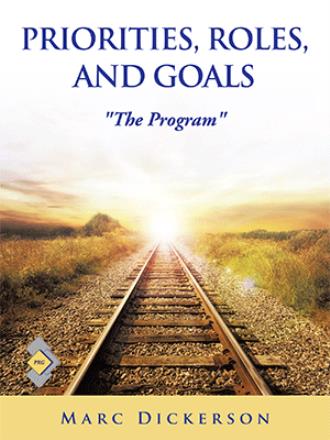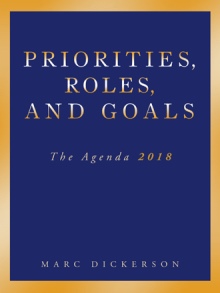The first step to your program is to establish your priorities. Your priorities are driven from your passions. Your priorities are the core development phase of your program. In this phase, you will analyze and critique your daily life and break it down into parts. The result is to be able to identify the main points of your life and implement them into your priorities. When you establish your priorities, you determine what is most important to you and what are you passionate about. These are the people, principles, activities, and interests you consider the most important. When you decide on your top five to seven priorities, you may spend at least 95% of your waking day on those priorities. (An example priority maybe your family, spirituality, career, etc.) Priorities set the tone for the rest of this program. Set priorities that align with your passions and interests. Consider your unique qualities and skills that could make you successful when establishing your priorities. Passion, again, is one of the keys to having productive priorities. Whatever formula you have for success, passion has to be a key ingredient in your chosen priorities. On certain days, you may have to devote more time to one priority than another. Have self-awareness about the amount and attention you give your priorities each day. Having a good balance with your priorities is going to be very essential.
Priorities are aspects in your life that are important or passionate to you, i.e., spirituality, family, work, friends, finances, education, health, leisure time, shopping, cooking, household chores, yourself, coaching, athletics, etc. Priorities are where you need to determine your passions. What is important to you? What do you enjoy doing? What do you need to do to support your everyday life? How do you make a living? Think about how important it is to you, how much time you are willing to spend, how much money you are ready to invest, and how much energy you need to use will help you select your priorities. What stage of life you are in will also dictate your priorities. For example, a teenager will have different priorities than a parent or a retired person. Education should be a priority if you are a teenager, whereas going on vacations may be more of a priority if you are retired. Re-evaluate your program each year and sharpen your focus on your top five to seven priorities.
When I started to develop My Program, the most important things were being a father, husband, work, spirituality, hanging out with friends, and coaching. As I developed My Program, I realized some of these categories could be a role that fits under priorities. For example, one of my priorities is family. My role in the family is a husband and a father. Then I set goals to establish successful relationships in the family Priority. Hanging out with friends and being social is something else that I enjoy. As my program developed, I realized that "Me" is a priority, and hanging out with friends or being social is a role in the "Me" priority.
Again, making “Me” a priority is essential. You have to set time for yourself to enjoy things in life. Take time for yourself! Having leisure time, time with friends, time to be alone to re-group, and time for your hobbies is essential. Under the "Me" priority will be your mental and physical health. Your mental and physical health is essential to the well being of you and your program. Now and then, you have to take a day to do nothing. A day off can positively affect your body in the long run. Your body can not grind it out day after day without rest.
What factors or influences guide your choices when pursuing your passions and interests?
Time
Money



